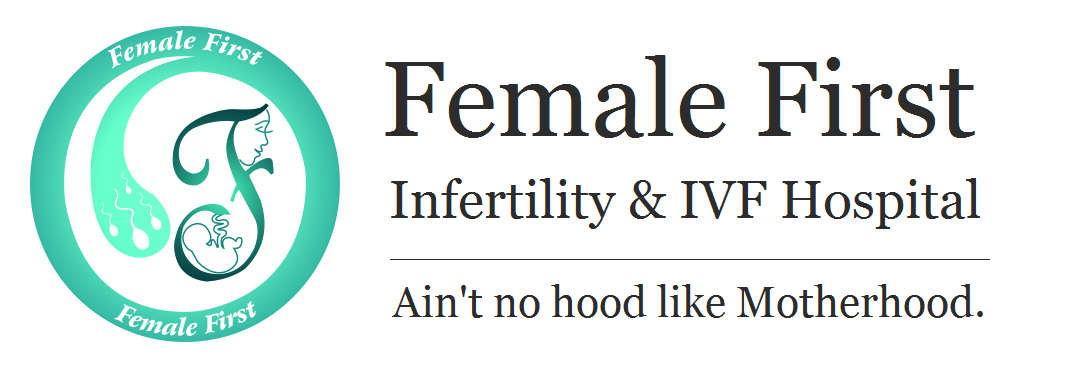The journey of in vitro fertilization (IVF) is a courageous and emotionally challenging one, especially when faced with treatment failures. Despite the advances in reproductive medicine, IVF success rates are not guaranteed, and experiencing a failed IVF cycle can be devastating. Coping with disappointment and uncertainty after investing time, energy, and emotions into the process can be overwhelming. However, it’s essential to remember that IVF failures are not the end of the road. In this blog, we will explore how to cope with IVF treatment failures and find hope and resilience for what comes next.
1. Allow Yourself to Grieve
Experiencing an IVF treatment failure can evoke a wide range of emotions, from sadness and anger to frustration and despair. It’s crucial to allow yourself to grieve the loss of the anticipated outcome. Give yourself permission to feel these emotions and understand that it’s a natural response to a challenging situation.
2. Seek Support
During difficult times, seeking support from loved ones, friends, or a support group can be tremendously beneficial. Talking to others who have been through similar experiences can provide validation, understanding, and empathy. A strong support system can be an invaluable source of comfort and encouragement during this time.
3. Communicate with Your Partner
Communication with your partner is vital during this period of emotional upheaval. Share your feelings and listen to your partner’s thoughts and emotions as well. Being there for each other can strengthen your bond and help you navigate through the challenges together.
4. Allow Time to Heal
Recovering emotionally after a failed IVF cycle takes time. Be patient with yourself and avoid rushing into any decisions about the next steps. Allow yourself the space to heal and process your emotions before considering further fertility treatment options.
5. Seek Professional Guidance
After experiencing a failed IVF cycle, it’s essential to have a follow-up consultation with your fertility specialist. They can provide insights into the possible reasons for the failure and offer guidance on potential adjustments to your treatment plan for future attempts.
6. Understand the Factors
IVF failures can occur for various reasons, including issues with embryo quality, uterine receptivity, or underlying medical conditions. Working closely with your fertility specialist can help you better understand the factors contributing to the unsuccessful cycle and identify potential strategies for improvement.
7. Explore Different Paths to Parenthood
While IVF is a widely known fertility treatment, it may not be the only path to parenthood. Depending on your specific situation, there may be other options to consider, such as adoption, egg or sperm donation, or exploring surrogacy. It’s essential to be open to different possibilities and find what feels right for you and your partner
8. Prioritize Self-Care
During this challenging time, taking care of yourself is paramount. Engage in self-care activities that promote emotional well-being, such as meditation, yoga, spending time in nature, or engaging in hobbies you enjoy. Focusing on self-care can help reduce stress and build resilience.
9. Stay Positive and Hopeful
Though it may be difficult to see at the moment, remember that a failed IVF cycle does not define your journey to parenthood. Many individuals and couples have experienced multiple IVF failures before achieving success. Stay positive and hopeful for what the future holds
10. Know When to Take a Break
Sometimes, taking a break from fertility treatments is necessary to recharge physically and emotionally. Give yourself the time and space you need before deciding on the next steps. Taking a break does not mean giving up; it means taking care of yourself during a challenging time.
Conclusion
Experiencing a failed IVF cycle is undeniably difficult, but it is essential to remember that it is not the end of the road. Allow yourself to grieve, seek support, communicate with your partner, and be kind to yourself as you navigate through this emotionally challenging time. Consulting with your fertility specialist can offer insights and guidance for future attempts, and exploring alternative paths to parenthood may open new doors of hope and possibilities. Remember that each IVF journey is unique, and finding the right path for you may take time. Stay positive, stay resilient, and believe in the strength of hope as you move forward on your path to parenthood.


Add Your Comment